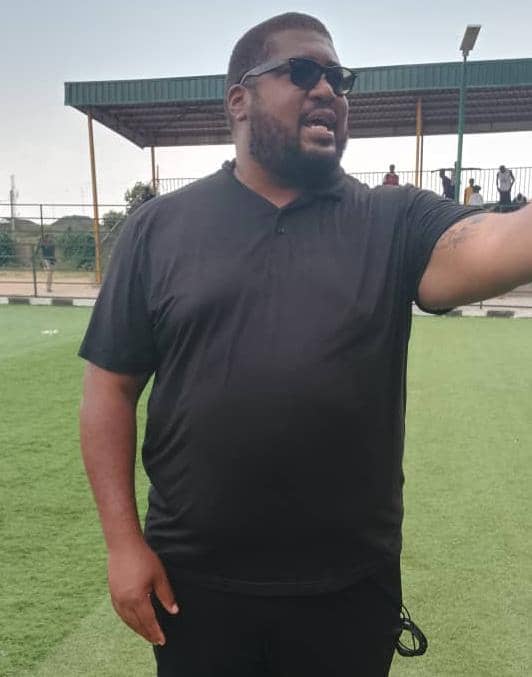Flag Football made a historic debut at the 22nd National Sports Festival, also known as the Gateway Games, with an energetic two-day exhibition that highlighted the sport’s growing presence in Nigeria.
Hosted at the African Church Grammar School in Ita Eko, Abeokuta, the showcase marked the first appearance of Flag Football at the country’s premier multi-sport event, positioning the sport among the elite categories of Nigerian athletics.
Read Also: Ogun Sports Commissioner Honoured with SWAN Excellence Award, Credits Governor Abiodun’s Vision
Speaking with the media following the exhibition, Coach Fagha Faloughi — head coach of Nigeria’s national flag football team and the LA Knights in the Showtime Flag Football League — expressed enthusiasm about the sport’s integration into the national spotlight.
“The experience was good,” said Coach Faloughi. “It showcased a lot of the talents we’ve had developing for years, and we just hope it continues to go from strength to strength.”
Looking ahead, Faloughi shared details about the ongoing growth of the sport and what fans can expect next.
“Right now, we have the final championship game of the Showtime League happening between the LA Knights and the Warriors Football,” he said. “One team is 7-1, the other is undefeated at 8-0 — the two best teams in Lagos.
The final is at Meadow Hall, 6 p.m., and we hope fans come out in numbers.”
Coach Faloughi also revealed that Team Nigeria is preparing for international competition, with appearances scheduled at the Games in Egypt this June and a West African regional tournament in September.
Responding to concerns that flag football activities appear to be concentrated in Lagos, Faloughi noted the sport’s expanding footprint across the country.
“We’ve started growing it outside Lagos,” he said. “There have been secondary school leagues in Cross River, Ogun, Osun, and Ekiti. NAFA is doing a good job of spreading the game. Showtime and Abuja have their own leagues, and there’s a league in Port Harcourt as well. It’s growing step by step.”
On the youth engagement and the sport’s rising popularity, Faloughi emphasized the cultural resonance and accessibility of flag football.
“It’s been very easy to recruit,” he noted. “Many Nigerians are familiar with American culture, and while traditional American football can be expensive due to equipment, flag football is a more accessible version. We started with just 10 people in 2016, and today we’re almost 400–500 strong.”
The inclusion of flag football in the National Sports Festival marks a major milestone for the sport in Nigeria, offering a broader platform for young athletes and paving the way for future international participation.









